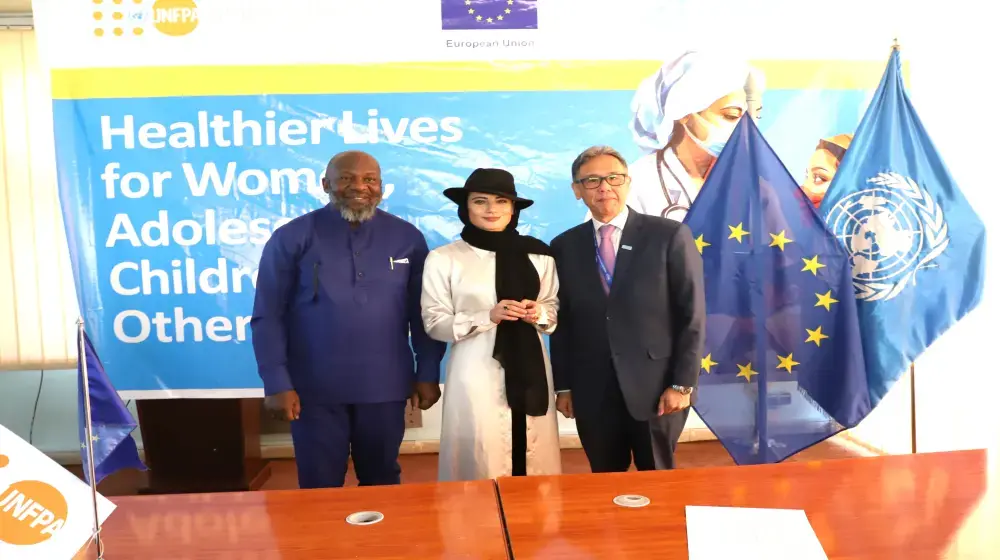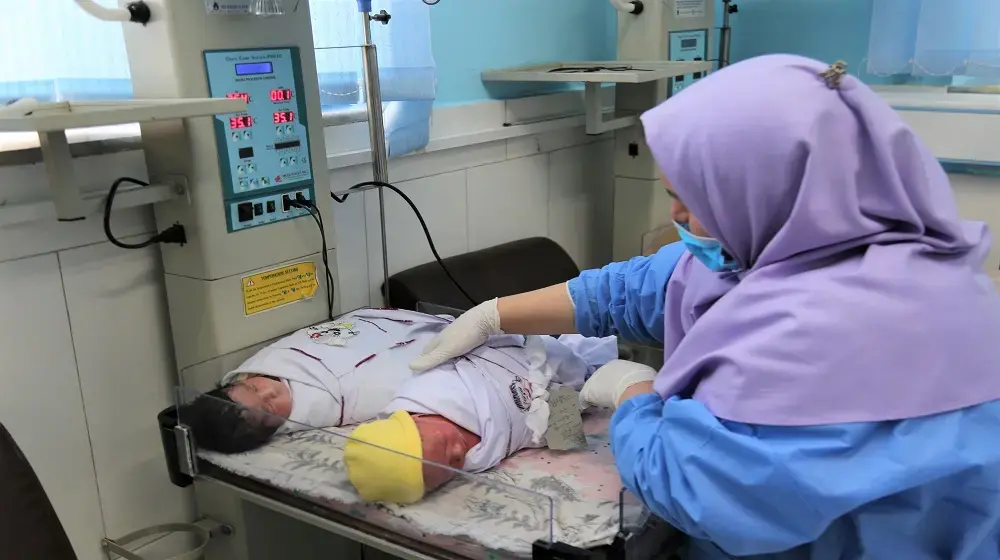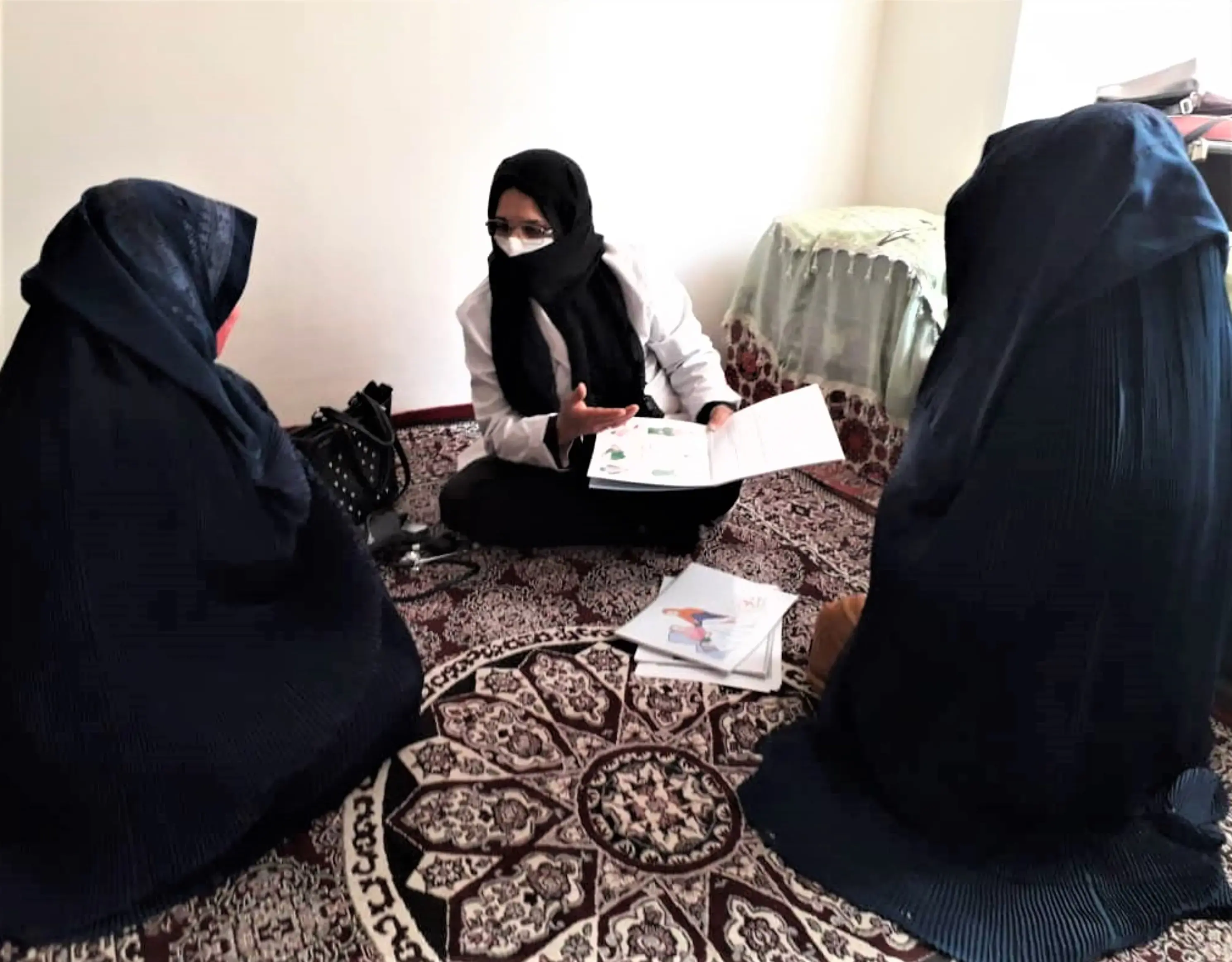Trafficking in persons exploits the most vulnerable among us, those often already disadvantaged and marginalized, including refugees and migrants. No country is immune.
More than 70 percent of human trafficking victims are women and girls, and 3 out of 4 are sexually exploited. This must cease.
In countries around the world, UNFPA is on the frontlines of this battle. We are working with our partners to prevent gender-based violence, to protect and support the victims, and to ensure that
perpetrators face justice.
Earlier this month, I joined a delegation of women UN leaders, headed by Deputy Secretary-General Amina Mohammed, for a solidarity mission to Afghanistan focused on women, peace and security. In Bamyan Province, we visited a family protection centre, operated by UNFPA in collaboration with the Ministry of Public Health. The centre, one of 26 that UNFPA runs throughout the country, provides medical care, counselling, legal assistance and other critical services to survivors of gender-based violence. The centres also work with communities to address the root causes of violence.
The Sustainable Development Goals call for an end to trafficking in persons and for the elimination of all forms of violence against and exploitation of women and girls. Commitments towards zero gender-based violence by 2030, to be made at the forthcoming November 12-14 Nairobi Summit on ICPD25, will contribute to a culture shift towards full equality and full respect for women and girls, everywhere.
On this World Day against Trafficking in Persons, let us raise our voices for the millions of victims whose voices go unheard, whose rights are abused, whose dreams are denied.
When we stand united in our pursuit of gender equality, human rights and justice, we can prevent the tragedy of human trafficking and stem the tide of gender-based violence.
Only when women and girls are safe and empowered to make decisions over their bodies and lives will countries achieve sustainable development and lasting peace.





